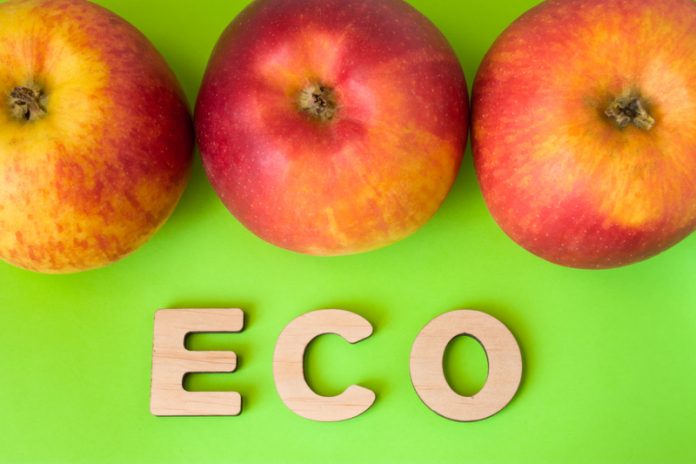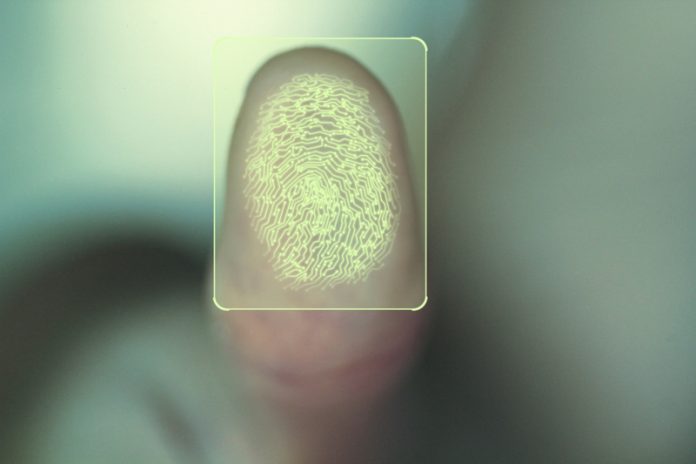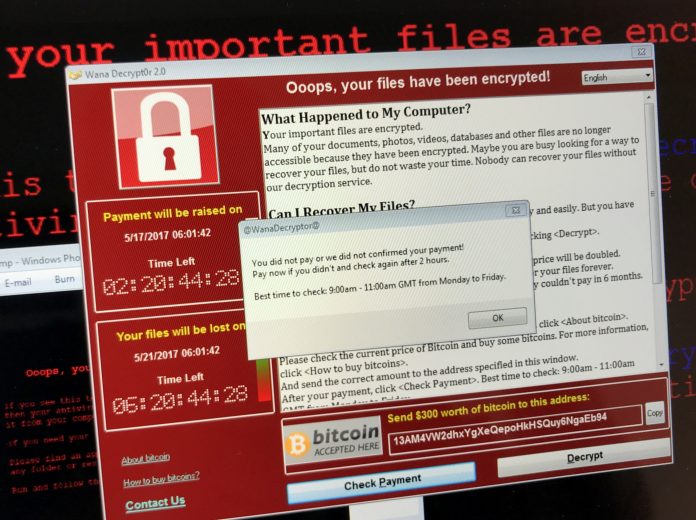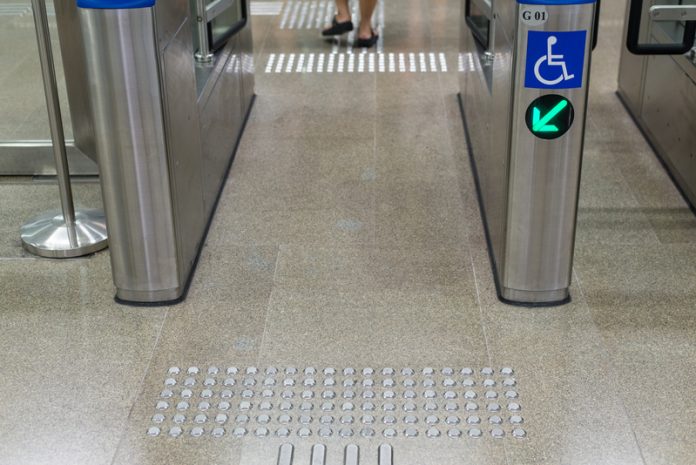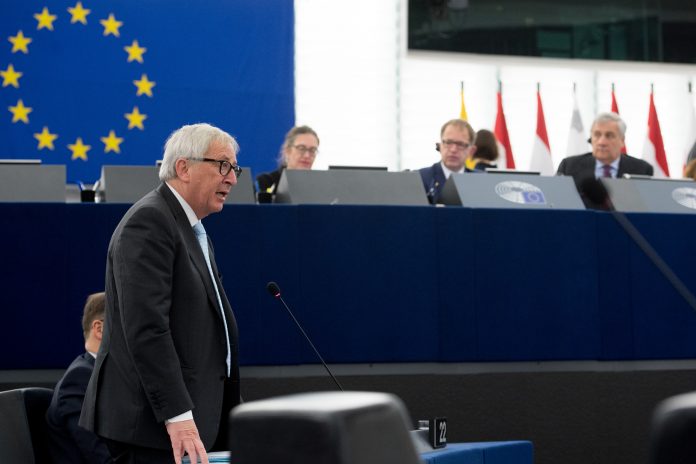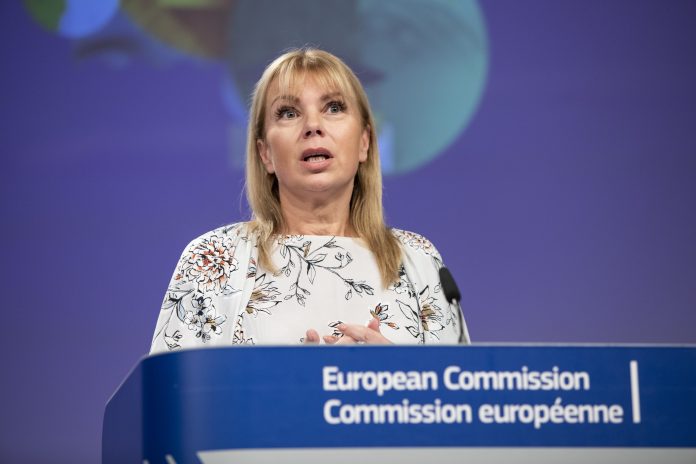Open Access Government produces compelling and informative news, publications, eBooks, and academic research articles for the public and private sector looking at health, diseases & conditions, workplace, research & innovation, digital transformation, government policy, environment, agriculture, energy, transport and more.
Home Search
AI - search results
If you're not happy with the results, please do another search
UK launches campaign against global period poverty
Minister for Women and Equalities and Secretary of State for International Development, Penny Mordaunt will announce a new UK government campaign to break the silence and end global period poverty by 2030.
Are humans better than AI at transcription services?
Despite AI-based transcription services undergoing improvements in recent years, their limited vocabularies and lack of socialisation mean that they are unable to match human accuracy rates of 99 to 100%.
The importance of sustainable eating for the environment and our health
Using expert guidance, here, the importance of sustainable eating for the environment and our health and how to effectively carry out a sustainable lifestyle is highlighted.
Blockchain-based identity: An effective tool to support global innovation
Eric Swedersky, SVP Delivery and Public Sector, SecureKey Technologies discusses the potential benefits that blockchain-based identity has as an effective tool to support global innovation and the economy.
NHS email system needs to be more resilient
Gareth Lewis discusses how the NHS email system underpins communication between doctors, nurses and health professionals across the country every day, so what happens when it fails?
Aircraft transportation today and in the decade to come
Franck Plouraboué, Senior Scientist CNRS, Fluid Mechanics Institute of Toulouse, discusses how making improvements on aircraft propulsion can solve major issues and make significant advances in the future.
Sustainable shipping into the next decade
Mr Kitack Lim, Secretary-General of the International Maritime Organization (IMO), looks ahead to the challenges for international shipping as the next decade approaches.
Central Weather Bureau (CWB), Taiwan
Open Access Government (April 2019)
"Deeply impressed for your effective and excellent editing of the article. We are very glad and honoured to have this opportunity to publish the article, introducing the recent developments of earthquake observation and reporting at Central Weather Bureau (CWB) in Taiwan, in your website of...
Quick earthquake alert notification for disaster risk reduction in Taiwan
Deputy Director of the Seismological Center Central Weather Bureau (CWB) in Taiwan, Nai-Chi Hsiao, explains how the country’s quick earthquake alert system provides notification when it comes to ensuring disaster risk reduction.
Disabled access: What can be done to power UK railways forward?
Hilary Stephenson, Managing Director of Sigma explains what can be done to power UK railways forward when it comes to the issue of disabled access.
AI in 2019: Are chatbots the future?
From devices in our homes, such as Google Home and Amazon Echo, to mobile apps like Cortana, AI have already made its way into our daily lives: are chatbots the future?
Government gives NHS code of conduct for AI use
The NHS code of conduct will ensure that only the best and safest data-driven technologies are used by the NHS and will protect patient data.
AI systems explain cause of religious violence
Artificial intelligence can help us to better understand the root causes of religious violence and to potentially control it, according to a new Oxford University collaboration.
Technology use only explains 0.4% of adolescent mental health
Researchers at the University of Oxford have performed the most definitive study to date on the relationship between technology use and adolescent mental health, examining data from over 300,000 teenagers and parents in the UK and USA.
The priorities for the environment, maritime affairs and fisheries in Europe
Some of the priorities for the environment, maritime affairs and fisheries in Europe are charted here when it comes to the all-important European Commission policy around these crucial themes.
The apps that are draining your data more than you think
For gym-goers, commuters and the 50% of adults that use their smartphones whilst walking, a new study has revealed how much popular video and music streaming apps are draining your data.
Children are the basis for sustainable development
Alana Sorokin, Founder of Joseph & Alexander, suggests ideas to make sure the next generation prioritise sustainable development
Children are the basis for all dimensions of sustainable development. They have a right to thrive, develop to their full potential, and live in a sustainable world.
The next generation is surrounded by...
Europe: Moving toward a sustainable Common Industrial Policy
The policy priorities of Elżbieta Bieńkowska, European Commissioner for Internal Market, Industry, Entrepreneurship and SMEs are explored here, with a special focus on moving towards a sustainable Common Industrial Policy across Europe.
Hydrogen trains needed to eliminate harmful emissions
Institution calls for urgent action to introduce hydrogen trains in areas outside the electrified rail network in order to eliminate harmful emissions.
Should smart ticketing be more widely available across the rail network?
Public consultation will seek views from passengers on the potential to make smart ticketing accepted more widely.



